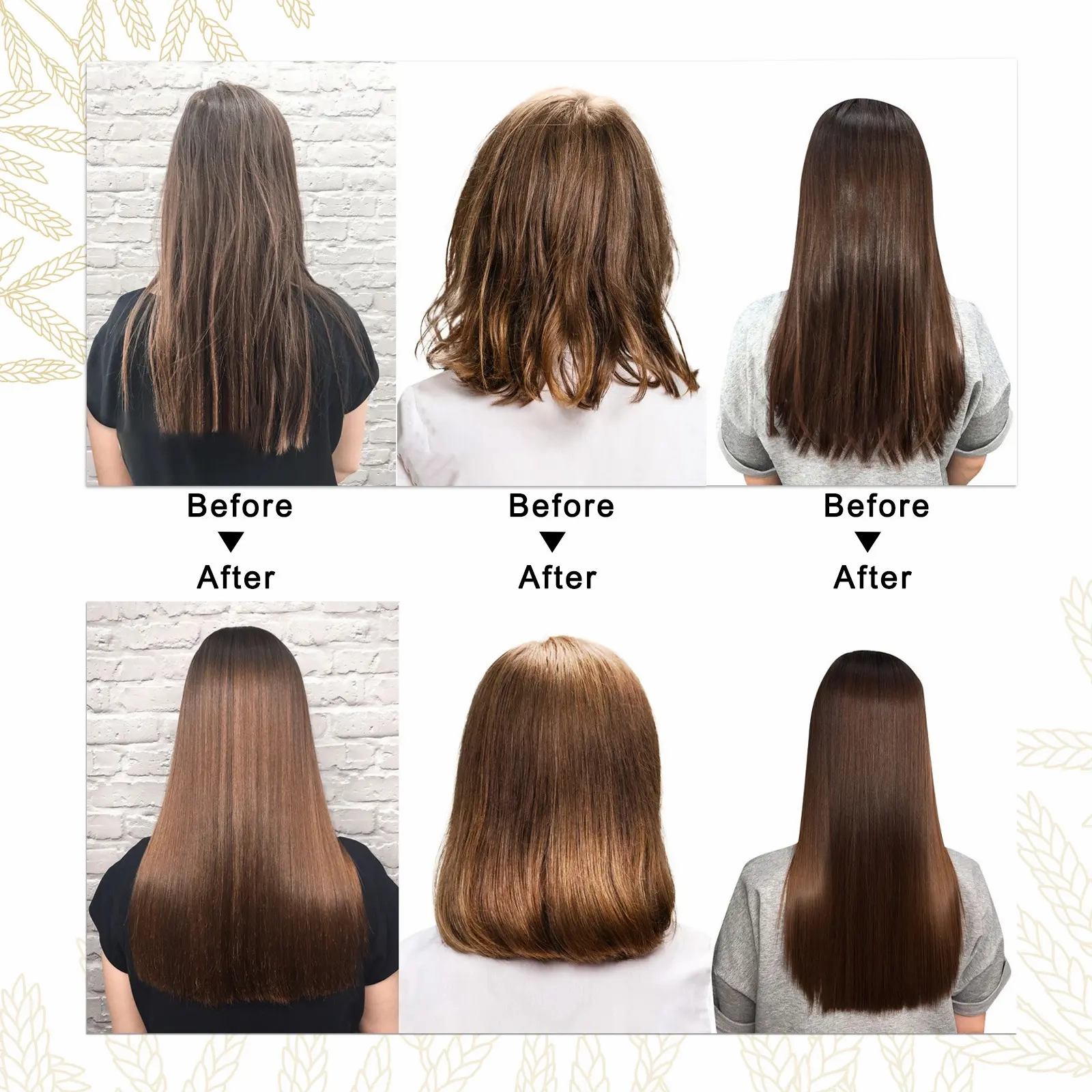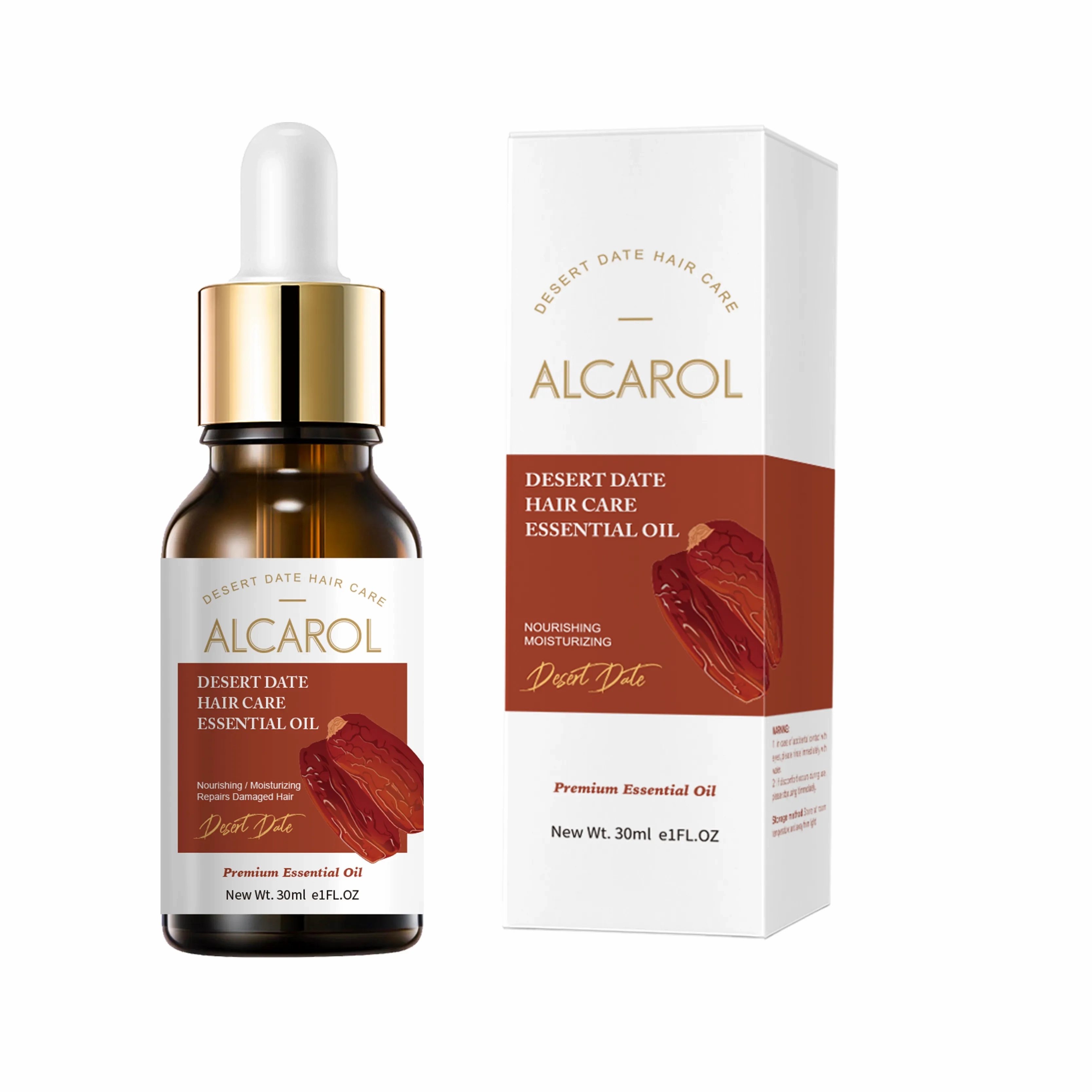Views: 220 Author: cosmeticsinhot Publish Time: 2025-11-07 Origin: Site








Content Menu
● Understanding OEM Manufacturing
>> The Role of Certification in OEM Manufacturing
● The Importance of Choosing a Certified Manufacturer
>> 2. Compliance with Regulations
>> 4. Access to a Broader Market
>> 5. Enhanced Marketing Opportunities
● How to Choose the Right Certified Manufacturer
>> 1. Research Potential Manufacturers
>> 2. Evaluate Their Certifications
>> 3. Assess Their Production Capabilities
>> 5. Communication and Support
● The Benefits of Working with Certified Manufacturers
>> 1. Streamlined Production Process
>> 2. Expertise in Formulation
>> 3. Sustainability Practices
When it comes to the beauty and personal care industry, the quality of products is paramount. This is especially true for hair care oils, which are often marketed as solutions for various hair issues, from dryness to damage. As a brand owner or entrepreneur looking to enter the hair care market, one of the most critical decisions you will make is choosing the right manufacturer for your products. Opting for a certified manufacturer for your hair care oil OEM (Original Equipment Manufacturer) needs can significantly impact your brand's success. In this article, we will explore the reasons why certification matters, the benefits of working with certified manufacturers, and how to choose the right partner for your hair care oil production.

OEM manufacturing refers to the process where a company produces products that are branded and sold by another company. In the context of hair care oils, an OEM manufacturer will create the product according to the specifications provided by the brand owner, who will then market and sell the product under their own label.
Certification in manufacturing signifies that a company adheres to specific standards and regulations set by industry authorities. These certifications can cover various aspects, including product safety, ingredient sourcing, and environmental impact. For hair care oils, certifications can include organic, cruelty-free, and vegan labels, among others.
One of the primary reasons to choose a certified manufacturer is the assurance of quality. Certified manufacturers are required to meet stringent quality control standards, which means that the products they produce are more likely to be safe and effective. This is particularly important in the hair care industry, where consumers are increasingly concerned about the ingredients in their products.
The beauty industry is heavily regulated, with various laws governing the safety and efficacy of products. Certified manufacturers are well-versed in these regulations and ensure that their products comply with local and international laws. This compliance not only protects consumers but also shields your brand from potential legal issues.
In today's market, consumers are more informed than ever. They actively seek out products that are certified for safety and quality. By partnering with a certified manufacturer, you can leverage their credentials to build trust with your customers. Certifications serve as a third-party endorsement of your product's quality, which can be a significant selling point.
Certain certifications can open doors to new markets. For instance, products that are certified organic or cruelty-free may be more appealing to specific consumer segments. Additionally, some retailers only stock products that meet certain certification standards. By choosing a certified manufacturer, you increase your chances of getting your products into these retail channels.
Having certified products allows you to use certification logos on your packaging and marketing materials. This not only enhances your brand's credibility but also provides a competitive edge in a crowded market. Consumers are often willing to pay a premium for products that are certified, which can lead to higher profit margins.
Start by compiling a list of potential manufacturers that specialize in hair care oils. Look for companies that have a proven track record and positive reviews from other brands. Check their certifications and ensure they align with your brand values and target market.
Not all certifications are created equal. Some are more recognized and respected in the industry than others. Research the certifications held by potential manufacturers and understand what they entail. Look for certifications that are relevant to your product, such as organic, cruelty-free, or fair trade.
Consider the manufacturer's production capabilities, including their ability to scale production as your brand grows. Ask about their minimum order quantities, lead times, and flexibility in terms of formulation changes. A manufacturer that can adapt to your needs will be invaluable as your business evolves.
Before committing to a manufacturer, request samples of their products. This will allow you to assess the quality of their hair care oils firsthand. Pay attention to the texture, scent, and overall performance of the products. This step is crucial in ensuring that the manufacturer can meet your quality standards.
Effective communication is essential when working with a manufacturer. Ensure that they are responsive and willing to provide support throughout the production process. A manufacturer that values communication will help you navigate any challenges that may arise.
Certified manufacturers often have established processes in place that streamline production. This can lead to faster turnaround times and reduced costs. By working with a manufacturer that has efficient systems, you can bring your products to market more quickly.
Many certified manufacturers have in-house experts who can assist with product formulation. This can be particularly beneficial if you are looking to create a unique hair care oil that stands out in the market. Their expertise can help you develop effective formulations that meet consumer demands.
Sustainability is a growing concern for consumers, and many certified manufacturers prioritize environmentally friendly practices. By choosing a manufacturer that focuses on sustainability, you can appeal to eco-conscious consumers and contribute to a healthier planet.
Partnering with a certified manufacturer can help mitigate risks associated with product safety and compliance. Their adherence to industry standards reduces the likelihood of recalls or legal issues, allowing you to focus on growing your brand.
Building a relationship with a certified manufacturer can lead to long-term partnerships that benefit both parties. As your brand grows, a reliable manufacturer can provide the support and resources needed to scale production and expand your product line.
Choosing a certified manufacturer for your hair care oil OEM needs is a strategic decision that can significantly impact your brand's success. From ensuring product quality and compliance to building consumer trust and accessing new markets, the benefits of certification are clear. By taking the time to research and select the right manufacturing partner, you can set your brand up for long-term success in the competitive hair care industry.

1. What certifications should I look for in a hair care oil manufacturer?
Look for certifications such as organic, cruelty-free, vegan, and ISO certifications, which indicate adherence to quality and safety standards.
2. How can certifications benefit my hair care brand?
Certifications can enhance consumer trust, open new market opportunities, and allow for premium pricing due to perceived quality.
3. What is the typical minimum order quantity for OEM hair care products?
Minimum order quantities can vary by manufacturer but typically start at around 1,000 units.
4. How do I ensure the quality of the hair care oils produced?
Request samples from potential manufacturers and conduct thorough quality checks before finalizing your partnership.
5. Can certified manufacturers help with product formulation?
Yes, many certified manufacturers have in-house experts who can assist with developing effective and unique formulations for your hair care oils.
Hot Tags: China, Global, OEM, private label, manufacturers, factory, suppliers, manufacturing company